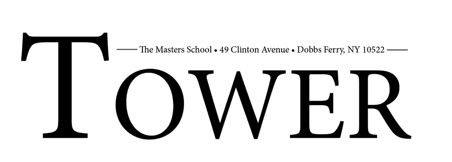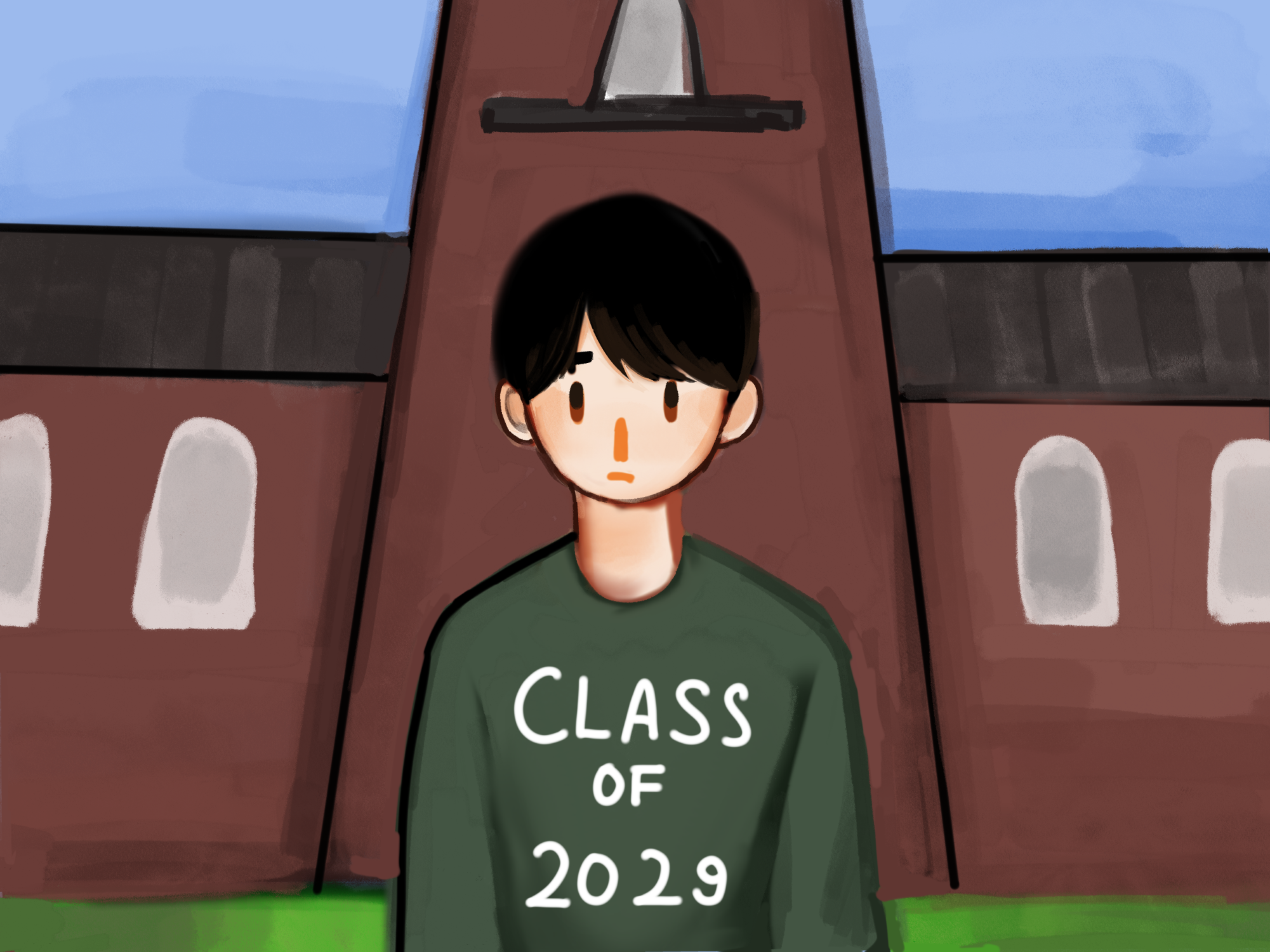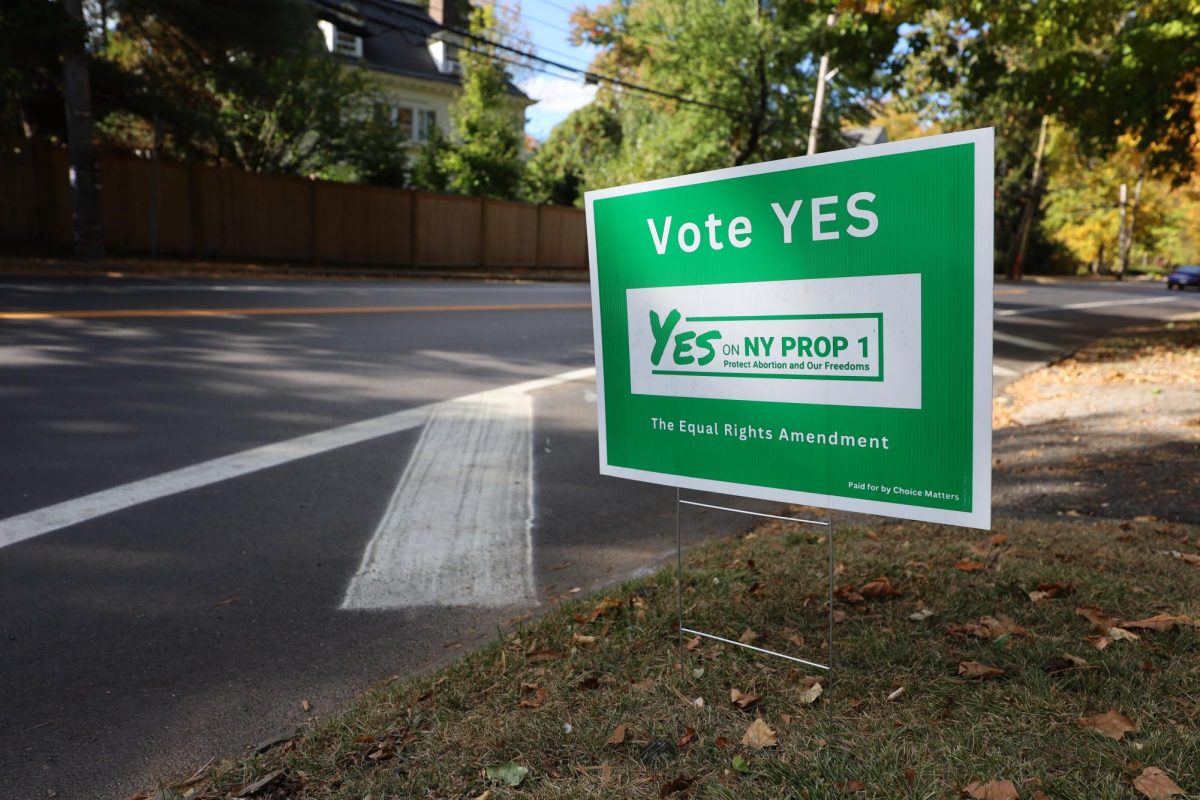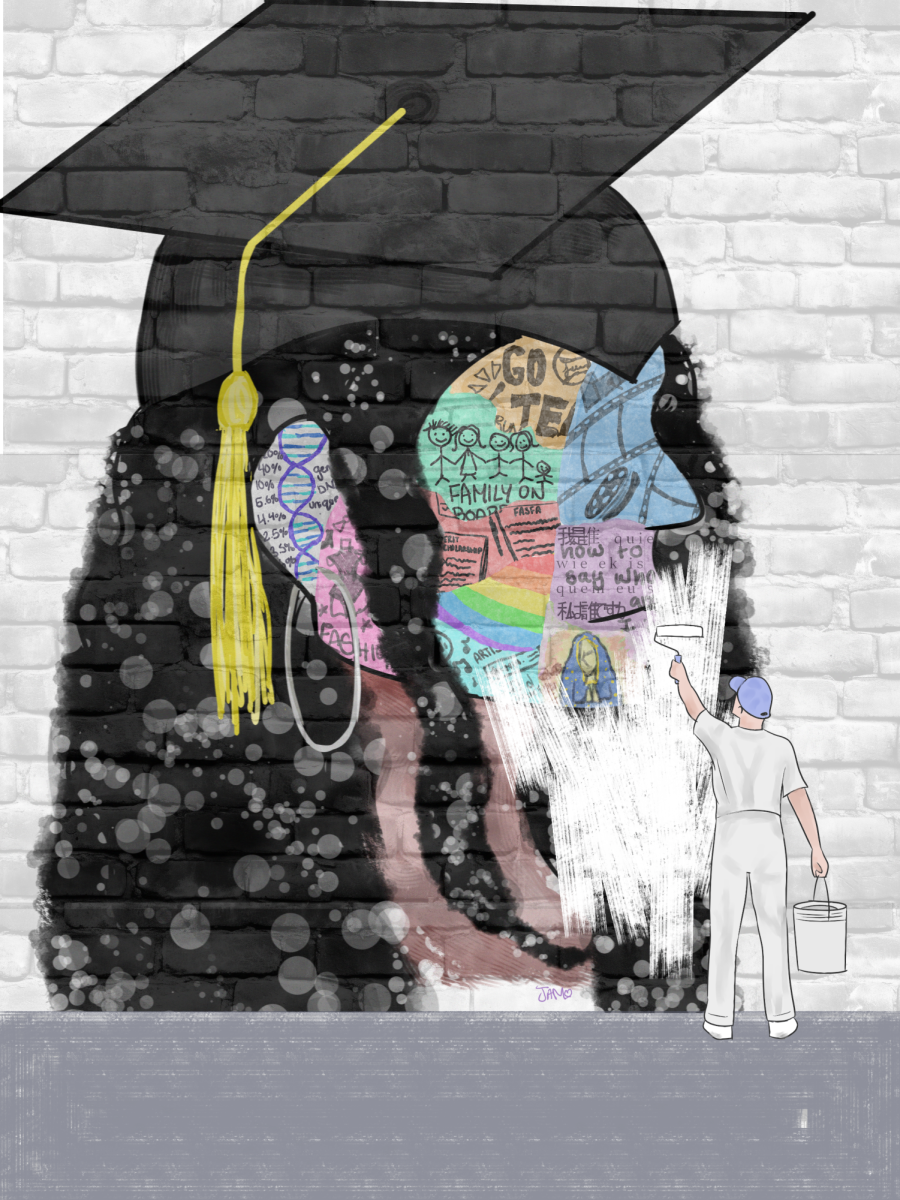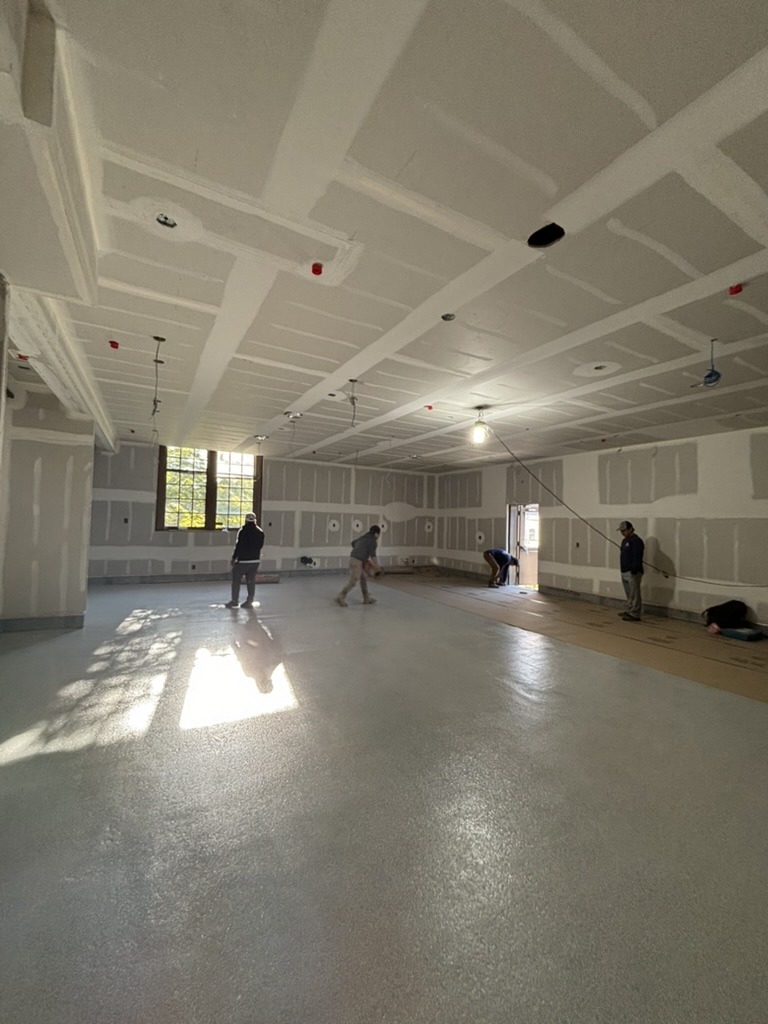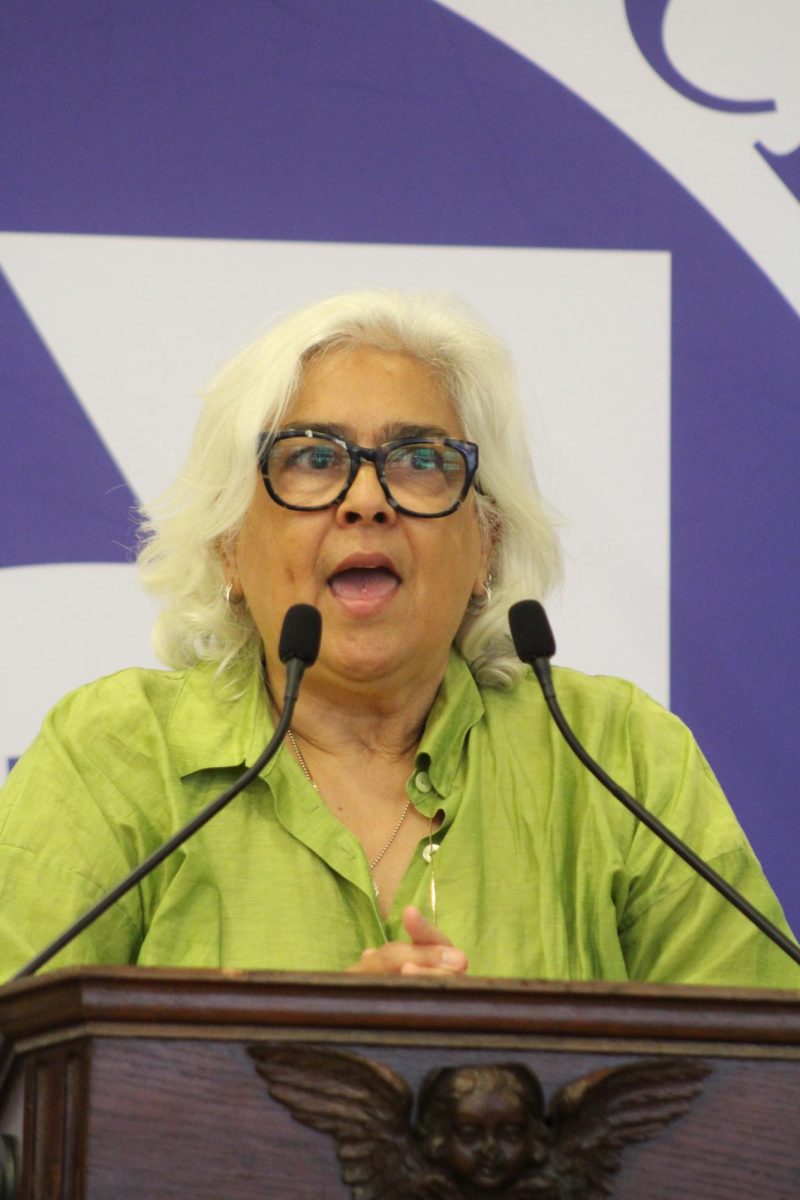Two Ivy League schools announced that they will once again require applicants to submit standardized test scores, starting with the class of 2029. This comes after they decided to waive test requirements in 2020 due to the COVID-19 pandemic. Dartmouth will be reinstating an SAT or ACT test score submission requirement, whereas Yale is instituting a “test-flexible” policy that would allow for AP and IB exams as well as the SAT and ACT.
According to a new study conducted by Dartmouth economics professors Bruce Sacerdote, Elizabeth Cascio and Douglas Staiger and sociology professor Michele Tine, exam results may have helped less advantaged students get into the institution, such as first-generation and low-income students.
In an exclusive interview, Professor Sacerdote explained what the study allowed them to explore.
“The key finding is that, for less advantaged students, it’s harder for them to identify themselves to Dartmouth as being really high achieving. Dartmouth may not know their high school super well. Their high school may never have sent a student to the Ivys before. And so Dartmouth may have a harder time interpreting the transcript, but test scores could be a great leveler.”
The Dartmouth study acknowledges the long-standing claim that students from underrepresented backgrounds suffer when applying to colleges because of standardized testing like the ACT and the SAT, but that the tests could be useful when compared within a cohort.
Sacerdote said, “While it’s absolutely true that higher income kids probably have more test preparation resources and may be more likely to take it multiple times, we’re really trying to look for additional ways to identify high achieving students at every part of the income distribution. The other fact that is surprising to us is that going test optional does not really broaden the pool socioeconomically, just everything goes up at every income level.”
He continued, “Despite the unevenness in test prep, the scores are equally useful across different groups. Dartmouth definitely looks at test scores within context, within the context of the student’s environment. When they see less advantaged students with very good scores in the context of their high school, they put a lot of weight on that.”
Higher test scores and higher income have been linked in several studies. In historically disadvantaged groups, Black and Latino students scored lower than white and Asian students on the math section of the SAT, in the high school class of 2020.
Will standardized testing requirements return as the new (old) norm for college applications? Director of College Counseling Adam Gimple doesn’t necessarily think so. “My sense from higher ed is that it’s not going to be a massive wave or shift back. It’s not like the pendulum’s all of a sudden going to swing and dozens upon dozens [of schools] are going to bring their testing policies back.” In fact, other schools including Harvard, Cornell and Princeton have announced extensions on test-optional policies. In Columbia’s case, it’s permanent.
According to FairTest, more than 1,900 colleges and universities in the United States are currently “test optional,” meaning that applicants may choose not to include their standardized test results in their applications.
“One of the problems that I personally find with the Dartmouth and the MIT approach is that their rationale and argument for trying to find those ‘diamond in the rough candidates’ ignores this larger prevalent systemic issue that the standardized test represents. And so, I can appreciate, like, yes, there’s a rationale for what they’re saying on a very minutiae component of their applicant pool,” Gimple said.
Co-chair of Diversity Ambassadors and Onyx (a Black affinity group), Masters junior Adji Ngom said, “Requiring test scores with contextual evaluation may increase diversity in theory, but it depends on fair implementation. Standardized tests can be biased, potentially hindering diversity efforts. Holistic review processes that consider various factors beyond test scores are crucial for promoting diversity.”
She continued, “Standardized tests have limitations in predicting future success because they focus narrowly on academic skills, overlook individual circumstances, and don’t account for varied learning styles or personal growth over time.”
Gimple explained how the absence of standardized testing led to national grade inflation, and how such tests can level the playing field to some degree.
On the subject of possible changes in Masters applications, he said, “I don’t see that we’re going to have a huge overhaul of our recommendation…This senior class this year applied to 265 schools or so. I’d be shocked if 10 to 15 of them have requirements for testing.”
Andrew Mitchell ‘22, a current Dartmouth student said, “It was something that we all very quickly wanted to read more about. After that, there was a lot of dialogue on campus. There were definitely some people who disagreed with the decision. Some people thought it was a great decision. Initially, everyone was just shocked.”
He continued, “Compared to a lot of other comparable schools, I think Dartmouth feels a lot more homogenous since they’re very loyal to alumni. A lot of alumni children tend to be like white upper class individuals. I think that’s a big reason why they made the decision. Instead of comparing kids on a universal scale, you can compare them relatively to their peers from similar schools and backgrounds, allowing certain kids to stand out that might not have otherwise,” Mitchell said.


